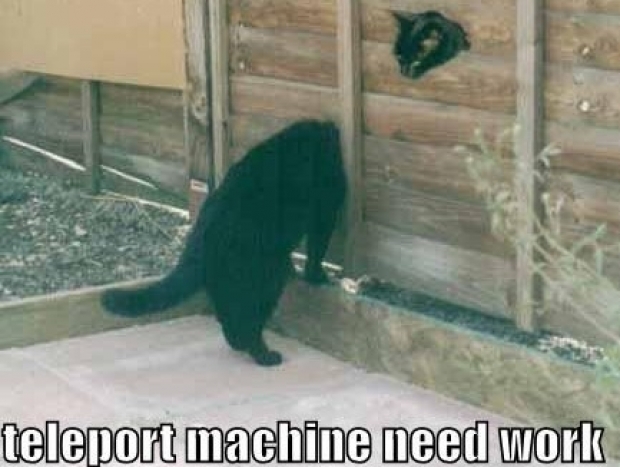This fixes a major issue in making quantum computers large and powerful enough to tackle complex critical problems.
The best quantum computers currently operate on the 100-qubit scale, but millions are required to solve significant problems that are out of reach of today's most powerful supercomputers.
In the research paper in Nature Communications, the boffins demonstrated a new and powerful technique, which they dub 'UQConnect', to use electric field links to enable qubits to move from one quantum computing microchip module to another with unprecedented speed and precision. This allows chips to slot together like a jigsaw puzzle to make a more powerful quantum computer.
The University of Sussex and Universal Quantum successfully transported the qubits with a 99.999993% success rate and a connection rate of 2424/s.
Professor Winfried Hensinger, Professor of Quantum Technologies at the University of Sussex and Chief Scientist and Co-founder at Universal Quantum computers, will hit a limit when constrained by the microchip size.
"We knew a modular approach was key to making quantum computers powerful enough to solve step-changing industry problems. In demonstrating that we can connect two quantum computing chips — a bit like a jigsaw puzzle — and, crucially, that it works so well, we unlock the potential scale up by connecting hundreds or even thousands of quantum computing microchips."
While linking the modules at world-record speed, the scientists also verified that the 'strange' quantum nature of the qubit remains untouched during transport, for example, that the qubit can be both 0 and 1 simultaneously.
Dr Sebastian Weidt, CEO and Co-founder of Universal Quantum and Senior Lecturer in Quantum Technologies at the University of Sussex said: "Our relentless focus is on providing people with a tool that will enable them to revolutionise their field of work. The Universal Quantum and University of Sussex teams have done something truly incredible here that will help make our vision a reality. These exciting results show the remarkable potential of Universal Quantum's quantum computers to become powerful enough to unlock the many life-changing applications of quantum computing."
Universal Quantum has just been awarded €67 million from the German Aerospace Center (DLR) to build two quantum computers where they will deploy this technology as part of the contract. The University of Sussex spin-out was also recently named one of the 2022 Institute of Physics award winners in the Business Start-up category.
Weidt added: "The DLR contract was likely one of the largest government quantum computing contracts ever handed out to a single company. This is a huge validation of our technology. Universal Quantum is working to deploy this technology in our upcoming commercial machines."
Dr Mariam Akhtar led the research during her time as Research Fellow at the University of Sussex and Quantum Advisor at Universal Quantum, along with PhD student Falk Bonus and Postdoctoral Fellow Foni Raphaël Le Brun-Ricalens.
Akhtar said: "The team has demonstrated fast and coherent ion transfer using quantum matter links. This experiment validates the unique architecture that Universal Quantum has been developing — providing an exciting route toward truly large-scale quantum computing."
Professor Sasha Roseneil, Vice-Chancellor of the University of Sussex, said: "It's fantastic to see that the inspired work of the University of Sussex and Universal Quantum physicists has resulted in this phenomenal breakthrough, taking us a significant step closer to a quantum computer that will be of real societal use. These computers are set to have boundless applications — from improving the development of medicines and creating new materials to maybe even unlocking solutions to the climate crisis.
"The University of Sussex is investing significantly in quantum computing to support our bold ambition to host the world's most powerful quantum computers and create change that potentially impacts so many people across the world positively. And with teams spanning the spectrum of quantum computing and technology research, the University of Sussex has both a breadth and a depth of expertise. We are still growing our research and teaching in this area, with plans for new teaching programmes and appointments," Roseneil said
Professor Keith Jones, Interim Provost and Pro-Vice-Chancellor for Research and Enterprise at the University of Sussex said of the development: "Quantum computers will be pivotal in helping to solve some of the most pressing global issues."




